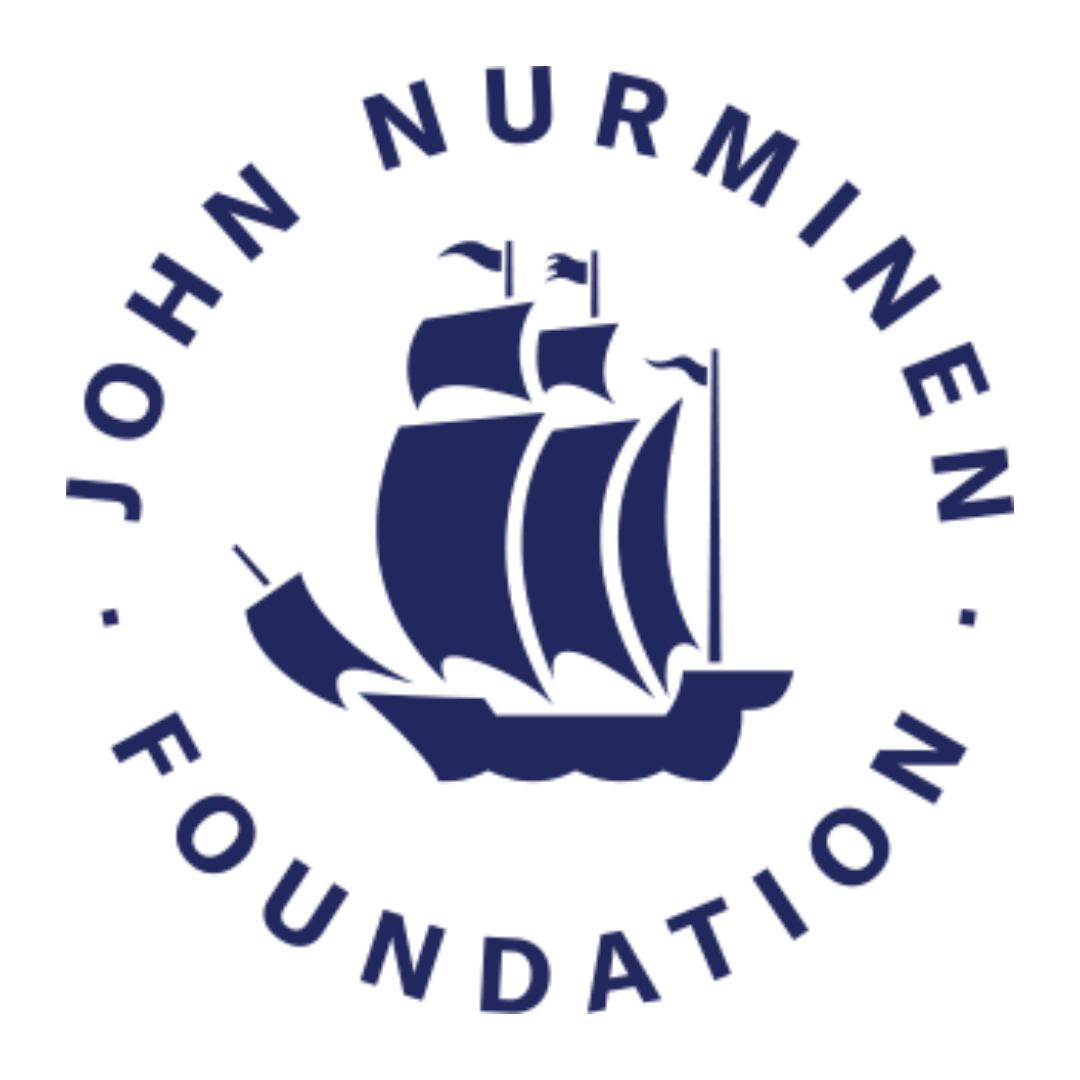The beginning of 2022 has been a shocking and historic period for humankind. Russia’s invasion of Ukraine has permanently changed the world we live in. The war also has major consequences for the Baltic Sea – after all, Russia as a country has a great impact on it.
Its Baltic catchment area is home to over nine million Russians and has plenty of industry, intensive livestock production and large cities.
Russia also has a great deal of outdated infrastructure, which poses both threats and opportunities to the Baltic Sea. Modernising this infrastructure can achieve large-scale reductions in emissions loading in the Baltic Sea.
The Foundation started its work to save the Baltic marine environment in 2005, the golden age of environmental cooperation between Russia and Europe. At that time, the Russians also made a substantial financial contribution to improving the state of the environment: for instance, wastewater infrastructure in St Petersburg was repaired to the tune of over one billion euros. The Russians covered 90 per cent of that sum with their own money or loans.
That investment cut almost 40 per cent of the phosphorus load causing eutrophication in the Gulf of Finland. Industrial and municipal hotspots with the worst impact on the Baltic Sea were crossed off the map of the Baltic Marine Environment Protection Commission at a rapid rate.
During those golden years, presidents and prime ministers were all smiles at the opening ceremonies of treatment plants – and the state of the Gulf of Finland improved visibly thanks to massive emissions reductions.
Finnish-Russian cooperation to treat unexpected discharge from a fertiliser plant into the Luga River got off to a rocky start, but was completed successfully. We could then celebrate a new world record in marine protection – in less than 10 years, the phosphorus load causing eutrophication in the Gulf of Finland had been reduced by 75 per cent.
Dark clouds first overshadowed this cooperation in 2014, when Russia invaded Crimea. Europe initiated sanctions against Russia and the joyful spirit of cooperation waned.
At the level of joint environmental efforts and civil society, further cooperation was considered acceptable – but investments and higher-level political dialogue were put on hold.
Russia continued to serve as a member of the Baltic Marine Environment Protection Commission (HELCOM), but the will to get things done was no longer the same. There were no more smiles to be seen at treatment plant opening ceremonies and the higher-level political problems were reflected in HELCOM’s day-to-day work.
The war in Ukraine has led to further changes in the work of the Baltic Marine Environment Protection Commission. It is no longer possible to engage in dialogue, not even formally – Russia has been entirely shut out from cooperation. The official meetings of the Baltic Marine Environment Protection Commission are on hiatus, but unofficial consultative meetings are continuing – without Russia.
It remains to be seen how long this state of affairs will remain viable. For the Baltic Marine Environment Protection Commission, Russia represents an existential question – with the exception of Russia, all its members are part of the EU and can agree on matters outside HELCOM.
Of course, it is wonderful that the work done during those golden years continues to bear fruit in spite of the political situation. Wastewater treatment – including the chemical phosphorus removal facilities established by the John Nurminen Foundation – is ongoing every day at treatment plants to reduce the nutrient load in the Baltic Sea.
So far, the water utilities have not shirked their obligations – they report to us regularly on both their purchases of treatment chemicals and emissions.
We have frequently sighed with relief that we were fortunate to have completed the largest Russian nutrient cleanup before the difficult years began.
However, we could have continued to engage in productive and effective cooperation on many other matters – not just nutrients, but also reducing emissions of harmful substances into the sea in the Russian catchment area.
It is impossible to know whether we can resume cooperation in our own lifetimes. That said, it is clear that “Russia, Russia, Russia” – in the words of our former Minister of Defence – will continue to pose a challenge not only to the security of Finland, but also to the state of the Baltic Sea.
Water does not recognise the borders drawn by people – it connects us to our neighbour in both good and bad times.
Marjukka Porvari
Marjukka worked as Marine Environment Director at the John Nurminen Foundation prior to joining the Finnish Ministry of the Environment in May 2022.

This column was first published in Länsi-Suomi.


